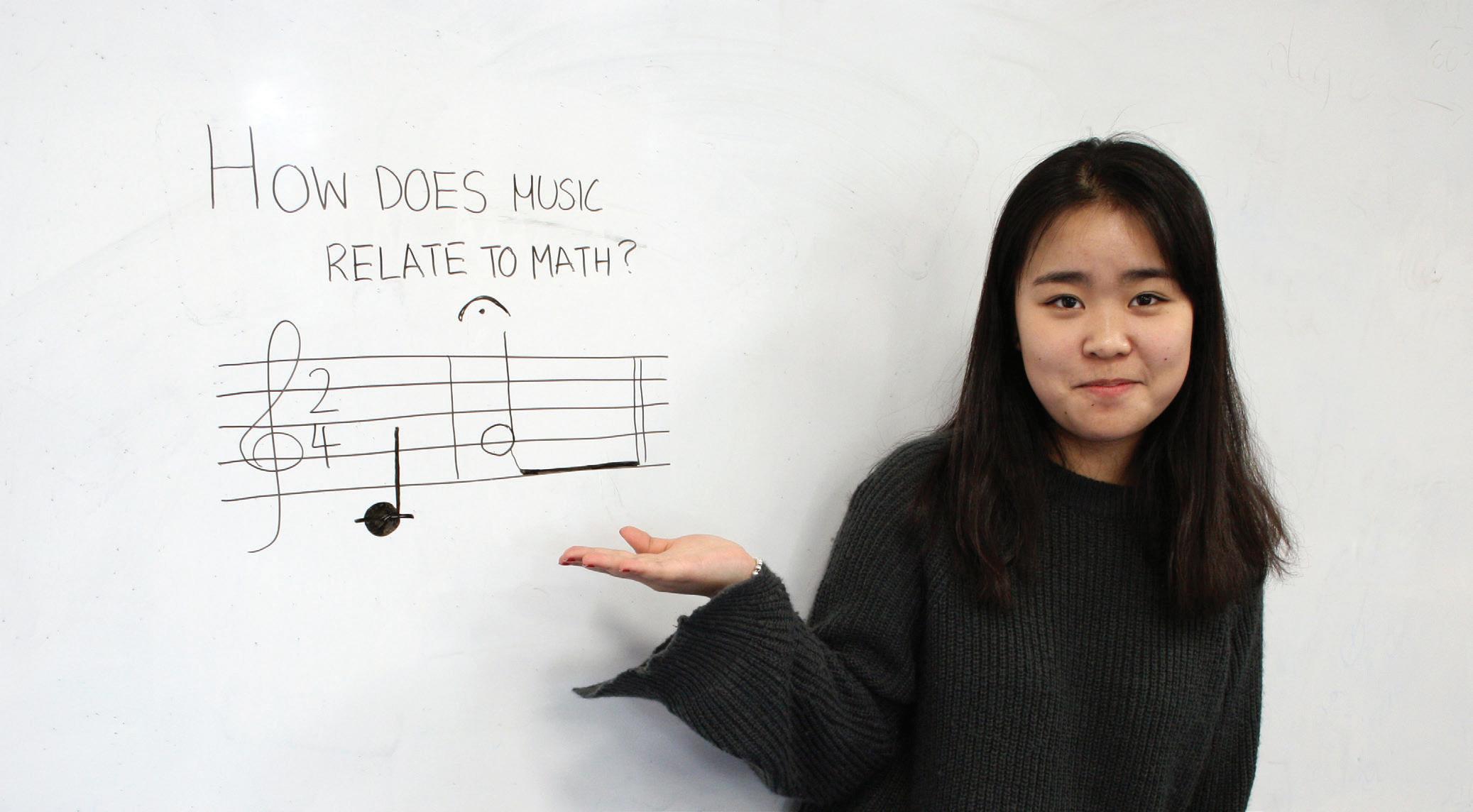
4 minute read
Growth and the emerging supply-side concerns, Tristan Bunnell
Growth and the emerging supplyside concerns
What does a surge in school numbers mean for the historic and traditional values of the international school sector? asks Tristan Bunnell
The K-12 English-medium ‘international school’ market is set for unprecedented growth. Figures released by ISC Research (Glass, 2018) suggest that the number of schools will double by 2027. Further, the number of students and staff, and fee revenue, is expected to more than double. It is predicted that between 2017 and 2022 there will be an extra 3,150 schools and 2.35 million children. The decade up to 2027 will involve an extra 7,200 schools and 5.6 million children. These figures show that we are witnessing what have been described (Machin, 2017) as ‘gold rush’ conditions, with the forces of demand (led by globalisation) and supply (led by neo-liberal policy-making) being historically aligned. The eventual lifting (Marsh, 2017) of the cap on ‘locals’ attending schools in Vietnam is testament to that, as the government there attempts both to attract foreign investment and to reduce the talent brain-drain.
But such levels of growth inevitably bring forward concerns. It was stated in the previous Comment section of this magazine by editors Hayden and Thompson that ‘the social and political contexts in which the [international] school exists may pose strong challenges to the values underpinning the nature of the education that it promotes’. An accompanying piece, written by an anonymous educator, was provocatively titled The rise of ‘illiberal international schools’? and addressed the thorny issue of schools ‘which receive significant funding from national entities whose political discourse, action, and impact is in conflict with the humanitarian values that the international school movement has long championed’.
This is a relatively new and under-explored narrative. Previously, discussion has tended to focus on the demandside of growth. Who are the ‘new consumers’? Are there still ‘Third Culture Kids’? What can we call the new types of forprofit, branded schools that have emerged constituting what I previously termed (Bunnell, 2014) the ‘post-ideal’ mode of operation? What is the ‘institutional primary task’ (Bunnell, Fertig and James, 2017) of these schools? Such issues are still important, and need more discussion, but the lens of inquiry has now begun to turn to the supply-side of growth. Who is funding the growth? Why are governments relaxing regulations? Where is the profit going?
The location, and indeed the political context, is clearly a growing concern as our anonymous writer points out. That discussion resonates with discussion a few years ago about ‘international aid’ being given by nations such as Denmark to overseas nation-states that helped politically to prop-up illiberal governments; the term ‘Dead Aid’ was coined to reflect this issue (a cynical play on the ‘Live Aid’ concerts of the 1980s).
However, other dimensions that have been largely overlooked are slowly emerging from the dark. The recent sale of UK-based Cognita, which in 2018 was operating 68 schools in eight countries, offers a useful real-world example. The company was bought in August 2018 by Jacobs Holdings, a Swiss-based firm with a wealth partly derived from the manufacture of coffee and cocoa. What was arguably even more significant was that two potential bidders for Cognita were Temasek Holdings, a major Singapore ‘Sovereign Wealth Fund’ with assets worth USD 200bn, alongside another Singaporean wealth fund, GIC (formerly known as Government of Singapore Investment Company) with assets of USD 360bn (Kleinman, 2018). The entry into the
international school market of ‘Sovereign Wealth Funds’ is not entirely new, with Bahrain’s Mumtalakat Holding Company being probably the best known. Assets come primarily from surplus revenues from Bahrain’s oil and gas reserves.
What we have here is a complex situation where the assets of one nation-state are being used to fund the growth and development of private schools in another nation-state. In my latest book (Bunnell, 2019) I refer to this situation as a form of ‘Inter-National Education’. Moreover, we also have a problematic situation where the origins of the funds may compromise the values of the schools in which they are invested. I now see this as a form of ‘post-ethical’ activity, adding depth to my ‘post-ideal’ model. Wealth derived from oil and coffee production do not sit easily with the mission statements of many traditional ‘international schools’, committed to promoting the sustainability of the planet. This adds considerably to the notion of the ‘illiberal’ school. Put simply, it seems timely to start considering the supply-side of growth. It involves a complex set of forces, some of which undermine and contradict the values for which the field of international schooling traditionally and historically stands.
References
Bunnell T (2014) The Changing Landscape of International Schooling: Implications for Theory and Practice. Routledge: Abingdon Bunnell T (2019) International Schooling and Education in the ‘New Era’: Emerging Issues. Emerald Publishing: Bingley Bunnell T, Fertig M and James C (2017) Establishing the legitimacy of a school’s claim to be ‘international’: The provision of an international curriculum as the institutional primary task, Educational Review 69(3), 303-317 Glass D (2018) International school students considering a wider range of study abroad destinations, ICEF Monitor, 21 February. Available via http://monitor.icef.com/2018/02/international-school-studentsconsidering-wider-range-study-abroad-destinations/ Hayden M and Thompson J (2019) Comment, International School, 21(2), 3 Kleinman, M (2018) Swiss family office snaps up £2bn British schools giant Cognita, news.sky.com, 31 August 2018 Machin D (2017) The great Asian International School gold rush: an economic analysis, Journal of Research in International Education 16(2), 131-146 Marsh N (2017) Vietnam: local enrolments at foreign schools expected to grow after cap removed, The PIE News, 17 May 2017









